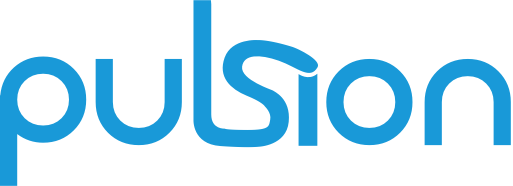Custom Website Design Company Services
Ehnance user engagement with custom website design and development.
We are a bespoke website design and development services company based in Glasgow with almost 30 years of experience developing websites.
Collaborate with a leading custom website design firm to create a fully optimised website, designed to enhance user engagement and boost conversions.
Delivering for our clients for almost 30 years
Custom Website Design and Professional Web Development Services
Pulsion is a web development company consisting of top web designers in the UK. Whether you’re creating a website from the ground up or revamping your existing website and digital footprint, our range of web design services offers a solution.
Custom Web Design
Utilise the skills of our acclaimed designers to construct a completely unique website for your brand. Our web design offerings encompass research, analysis, and planning, as well as customised UX and UI design, along with SEO strategies to enhance your site’s traffic.
From distinctive animations and personalised iconography to a meticulously devised conversion funnel, our design squad collaborates closely with your website strategist to develop a bespoke design that enhances visibility, engagement, and conversions for your brand.
Website Re-Design Service
Revitalise your online identity with skilled insights from our accomplished web designers and digital strategists.
Our website revamp offerings encompass strategic planning, UX and UI design, and search engine optimisation, all aimed at enhancing your visibility and ranking.
Whether you’re seeking to update your website, enhance user experience, switch to a different CMS, or a combination of these goals, our dedicated team collaborates closely to bring your vision to life. Together, we’ll construct a bespoke website that not only translates your ideas into reality but also achieves tangible, measurable results.
eCommerce Web Design Service
Our team of web designers at Pulsion specialises in a range of prominent eCommerce platforms, including WooCommerce, Shopify, and Adobe Commerce (Magento).
We’re committed to assisting you in selecting the optimal platform to propel your e-store’s growth. Our expertise extends to crafting a tailored design that ensures a superior user experience, seamless checkout, multiple payment options, and other essential features for eCommerce web design.
Our dedicated eCommerce specialists will guide you through every stage of the e-store design or redesign journey. Whether it involves e-store design and development, eCommerce marketing, business or tech consulting, or hosting and maintenance, we are here to support you.
Professional Web Design
Partner with a skilled web design company to craft a sophisticated, bespoke website that resonates with your target audience and boosts conversion rates.
At Pulsion, our customised design solutions blend innovation with strategy. Our team of professional website developers and award-winning designers brings together years of industry expertise and a passion for creativity to create compelling user experiences on captivating interfaces.
From initial communication to final implementation, every facet of your custom web design project will be managed with a high level of professionalism.
End-to-End Web Design
Flexible, brand-aligned, user-friendly, and optimised for scalability, we create tailor-made websites on top-tier platforms across various industries.
Harness the power of our comprehensive custom web design services, covering detailed website planning, search engine optimisation, UX and UI design, development, and quality assurance.
Our acclaimed designers will personalise your chosen CMS, ensuring it is user-friendly for your administrators and delivers an exceptional experience for your website visitors.
f you don’t have a specific CMS in mind, your Pulsion website strategist will provide personalised recommendations during the meticulous website planning phase.
Our Custom Web Development and Design Process
Embark on a web development project like no other as we delve into the intricacies of our design process, where every detail is meticulously crafted to elevate your online presence. From search engine optimisation and seamless social media integration to crafting an engaging user experience, our approach is about innovation and sophistication.
1. Web Strategy
Each web design project starts with a strategic approach. Through thorough research and profound insights, we chart the course for your digital expansion.
Firstly, we will:
- Determine your target audience
- Reveal existing user challenges
- Establish your unique value propositions (UVPs)
- Specify your key performance indicators (KPIs)
This meticulous process ensures a foundation that aligns with your goals and sets the groundwork for a successful web design project.
2. Planning and Information Architecture
Planning & Information Architecture By melding established methods with personalised analysis, we sculpt a bespoke solution for your web design project. At this juncture, our emphasis is on prioritising user journeys and refining the conversion funnel.
This involves:
- Crafting a user-flow and sitemap
- Wire-framing to establish a seamless conversion funnel
- Infusing on-brand messaging throughout your structure
3. Professional Design
Our skilled web design team now collaborates to bring your custom website to life, ensuring it leaves an immediate and lasting impact on your target audience.
In this stage, we:
- Strategically integrate design features to support your user journey
- Incorporate high-quality images
- Develop custom animations and micro-interactions
- Ensure that your design features are accessible
4. Responsive Development
In our tailored web design approach, prioritising responsive design takes centre stage to ensure your website remains visible across diverse devices and screen dimensions, thereby elevating accessibility, usability, and SEO performance.
Next, we will:
To ascertain that your website effectively reaches and resonates with every user, we undertake the following steps:
- Gather touchpoint and user-channel data
- Develop a versatile user interface (UI) guided by your wireframes
- Thoroughly test and validate your design across a spectrum of devices and layouts
5. Quality Assurance
In crafting our custom websites with measurable outcomes at the forefront, we meticulously test every facet to ensure the optimal user experience (UX).
Our quality assurance process encompasses:
- Maintaining total transparency and continuous communication with you throughout
- Rigorous testing to identify and rectify any coding or design errors
- Welcoming client feedback for refinement
- Utilising proven methods and industry specific tools to delve beyond surface-level evaluations
6. Deliver and Continual Optimisation
The strength of a website’s performance relies on continuous support. At Pulsion, we provide ongoing maintenance and support services to test, upgrade, and optimise your website, ensuring it stays aligned with evolving trends.
This continual phase in our custom web design process incorporates:
- A stringent post-launch website protocol
- Daily, weekly, and monthly maintenance and optimisation tasks
- Digital marketing and supporting solutions to foster the growth of your online business
Trusted Web Design Company
As a trusted web development agency we have almost 30 years of experience building web development projects from start to finish.
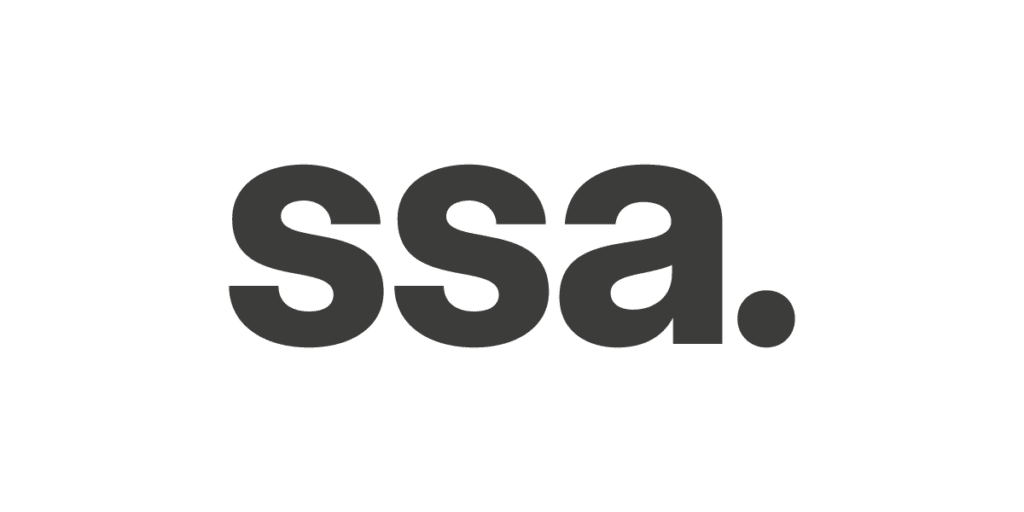
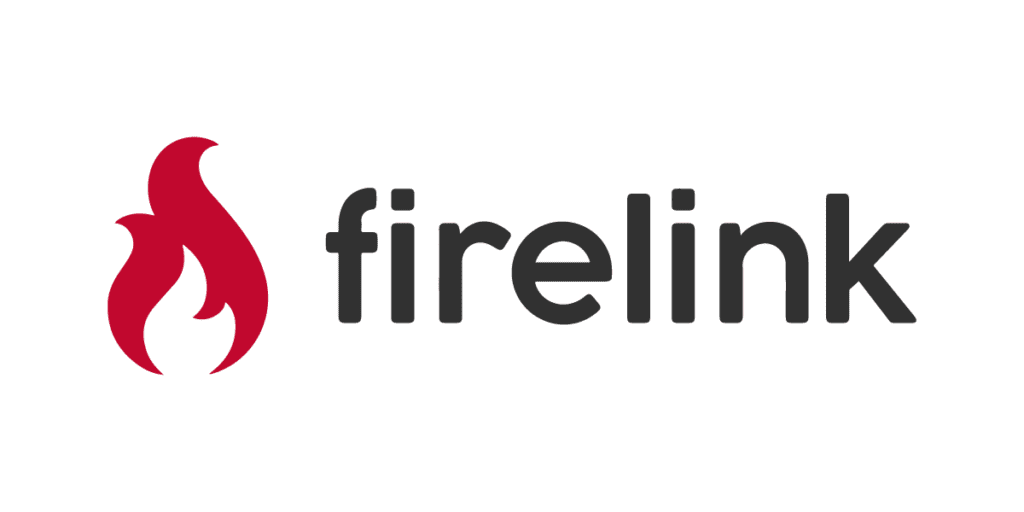
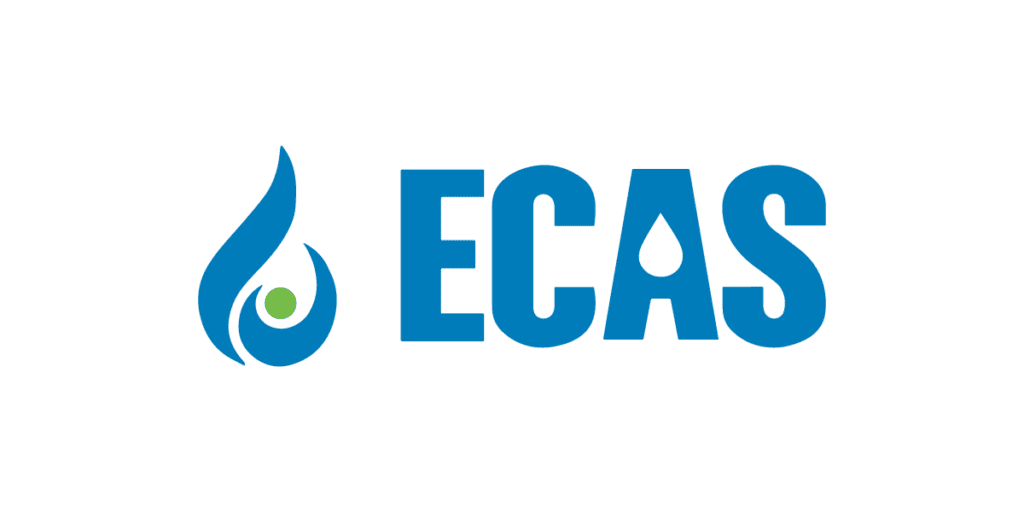
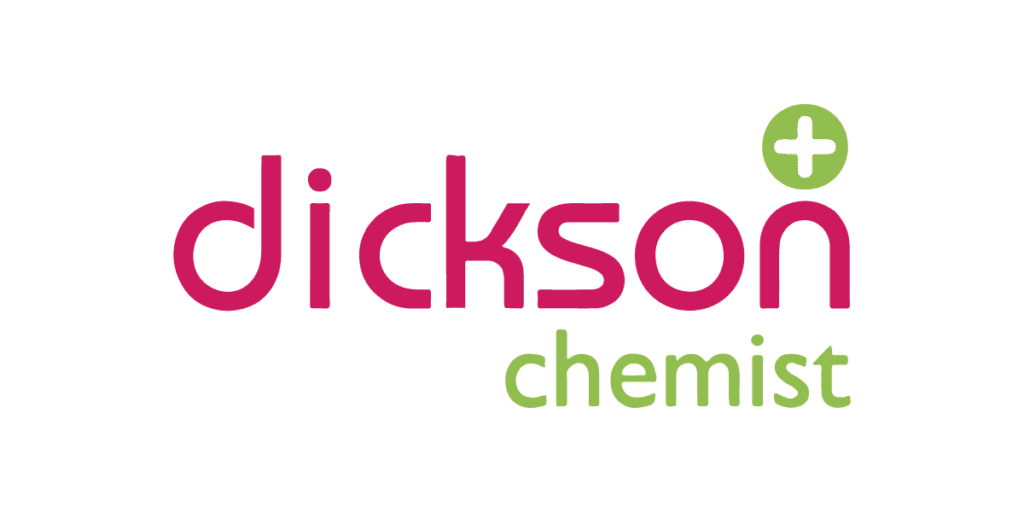
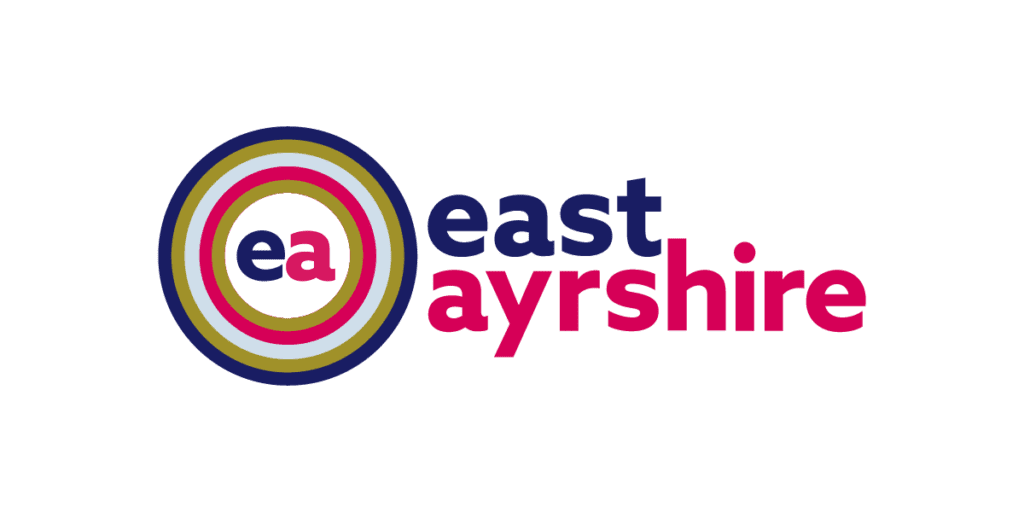
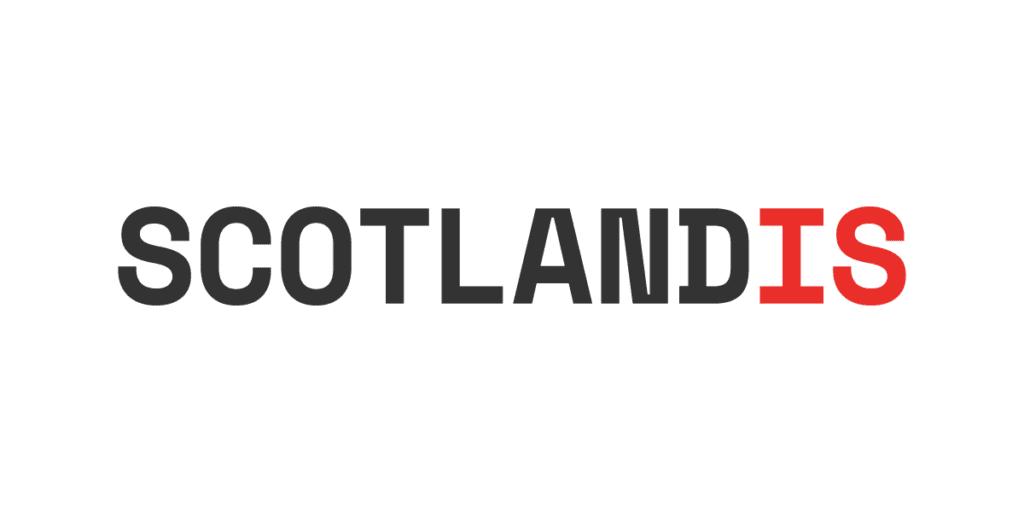
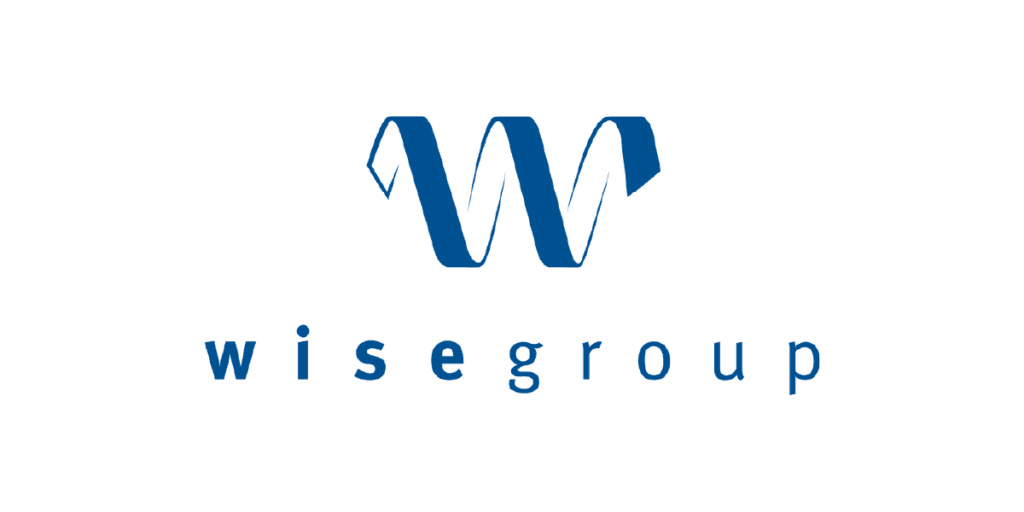
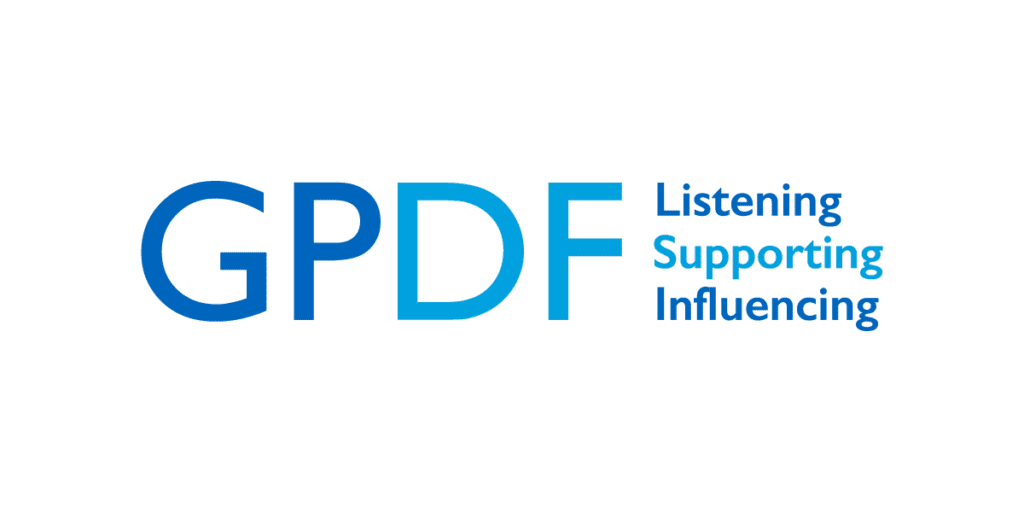
Experience in Various Sectors and Industries
Our Web Development Team
At the heart of our success are our professional web developers and expert designers who collaborate seamlessly to bring your vision to life. Our development teams prioritise responsive development, from crafting simple WordPress websites to intricate design projects.
Through innovative techniques, technical expertise, open idea sharing, and best practices, we discuss progress and cater to your unique needs, ensuring the technologies we develop align perfectly with your aspirations. Trust our website design team to bring your project to life.

We’ve got your tech stack covered.
We are proficient in various programming languages, tools, and frameworks.


Custom Website Design Company FAQS
Custom web design refers to the creation of a unique and tailor-made website that is crafted to meet the specific needs and preferences of a client. Unlike template-based designs, a custom website is built from scratch, allowing for personalised features, branding, and functionality.
This approach ensures a distinctive online presence that aligns perfectly with the client’s vision and business objectives. Our custom website design company specialises in delivering bespoke solutions that elevate the user experience and effectively represent each client’s individual identity.
Here are 12 steps to creating a custom website.
- Define Your Purpose and Goals: Clearly outline the purpose of your website and the goals you want to achieve. Understand your target audience and their needs.
- Plan Your Content and Structure: Organise your content logically and create a sitemap. Plan the structure and navigation to ensure a user-friendly experience.
- Choose a Domain Name and Hosting: Select a unique and relevant domain name for your website. Choose a reliable hosting provider to ensure your site is accessible and secure.
- Select a Content Management System (CMS): Choose a CMS such as WordPress, Joomla, or Drupal that aligns with your needs. This simplifies content updates and site management.
- Design Your Website: Create a visually appealing and functional design. Consider user experience, responsiveness, and accessibility. You can hire a designer or use website builders like Wix or Squarespace.
- Develop Your Website: Code the website using HTML, CSS, and possibly JavaScript. If you’re not a developer, you can hire one or use website builders that require no coding.
- Add Content: Populate your website with high-quality content. Include text, images, videos, and other relevant media.
- Optimise for SEO: Implement on-page SEO strategies to enhance your website’s visibility on search engines. Use relevant keywords and optimise meta tags.
- Test Your Website: Test your website across different browsers and devices to ensure compatibility and responsiveness. Check for broken links and other issues.
- Launch Your Website: Once satisfied with the design, content, and functionality, launch your website. Make sure your domain is connected, and all features are working correctly.
- Market Your Website: Promote your website through various channels, including social media, email marketing, and online advertising.
- Monitor and Update: Regularly monitor your website’s performance using analytics tools. Update content, fix any issues, and adapt to changing needs.
Remember, creating a custom website may require collaboration with professionals, such as designers and developers, depending on your expertise.
The decision to build a custom website or use a website builder depends on various factors, including your specific needs, technical expertise, budget, and time constraints. Here are some considerations to help you make an informed choice:
Custom Website:
- Unique Design and Functionality:
- If you have specific design requirements or need unique functionality, a custom website allows for complete customisation tailored to your business.
- Scalability:
- Custom websites are often more scalable, allowing for future growth and the addition of advanced features as your business expands.
- Brand Identity:
- For a strong and distinctive brand identity, a custom website ensures that your online presence aligns perfectly with your brand.
- Performance Optimization:
- Custom development allows for fine-tuning performance, ensuring a faster and more efficient website.
- Long-Term Investment:
- If you view your website as a long-term investment and are willing to invest in ongoing maintenance and updates, a custom solution may be suitable.
Website Builder:
- Ease of Use:
- Website builders are user-friendly and require little to no coding skills, making them ideal for those without technical expertise.
- Cost-Effective:
- Website builders are often more budget-friendly, especially for small businesses or individuals with limited financial resources.
- Speed of Deployment:
- If you need a website quickly, website builders offer pre-designed templates and simplified processes, allowing for rapid deployment.
- Maintenance and Updates:
- Website builders typically handle maintenance and updates automatically, reducing the time and effort required from the website owner.
- Community Support:
- Many website builders have large user communities, providing support forums and resources for troubleshooting and assistance.
Ultimately, the choice depends on your priorities and resources. If you prioritise uniqueness, scalability, and have the budget for customisation and ongoing maintenance, a custom website may be the right choice. If you need a cost-effective, user-friendly solution with quick deployment, a website builder may be more suitable. Additionally, some businesses opt for a hybrid approach, starting with a website builder and later transitioning to a custom solution as their needs evolve.
Choosing the best web design agency is crucial for the success of your online presence. Here are key factors to consider when making your decision about choosing a website company:
- Portfolio and Experience:
- Review the agency’s portfolio to assess the quality and diversity of their work. Look for experience in your industry or similar projects.
- Client Reviews and Testimonials:
- Check client reviews and testimonials to gauge the satisfaction of previous clients. This provides insights into the agency’s professionalism and the results they deliver.
- Expertise and Services:
- Ensure the agency has expertise in the services you need, whether it’s responsive design, e-commerce, or custom development. A versatile agency can better cater to your specific requirements.
- Communication and Collaboration:
- Effective communication is essential. Assess the agency’s responsiveness, clarity in communication, and willingness to collaborate. A good agency should understand your goals and vision.
- Technological Proficiency:
- Ensure the agency is up-to-date with the latest web technologies, coding standards, and design trends. This ensures your website is modern, functional, and secure.
- Timeline and Project Management:
- Discuss project timelines and the agency’s project management process. Clear timelines and milestones help manage expectations and ensure timely delivery.
- Cost and Value:
- Request detailed quotes and understand the breakdown of costs. Consider the value you’ll receive for your investment, not just the upfront cost. A transparent pricing structure is crucial.
- Support and Maintenance:
- Inquire about post-launch support and maintenance services. A reliable agency should offer ongoing support, updates, and troubleshooting.
- Scalability:
- If your business is likely to grow, choose an agency that can accommodate your future needs. A scalable agency can help you expand your online presence seamlessly.
- Legal and Contractual Matters:
- Carefully review contracts, agreements, and terms of service. Ensure there is clarity on ownership of the website, intellectual property rights, and any ongoing fees or commitments.
- Accessibility and Inclusivity:
- Consider agencies that prioritize accessibility and inclusivity in design. A website that caters to a diverse audience is essential for user satisfaction and compliance with accessibility standards.
- Referral or Recommendation:
- If possible, ask for recommendations from colleagues, friends, or business associates who have worked with web design agencies. Personal referrals can provide valuable insights.
By thoroughly evaluating these factors, you can make an informed decision and choose a web design agency that aligns with your business goals and values.
Whilst there are differences in the technologies used, the general process used in web app development and mobile app development is almost identical, and so this should not affect your decision too greatly when deciding whether to outsource software development services.
However, it is of high importance that you make sure that the software development company that you select has a proven track record of delivering in the area that you are looking for. For example, if you are looking to outsource mobile app development, you should expect that your chosen software outsourcing partner has a history of delivering high quality mobile apps.
The cost of building a custom website in the United Kingdom can vary based on factors such as project complexity, required features, developer expertise, and geographic location. Here are approximate costs in GBP:
- Basic Website:
- A simple, informational website with a few pages may cost between £800 to £4,000, depending on developer rates and location.
- Small Business Website:
- For small businesses with additional features like a contact form, blog, or gallery, costs can range from £4,000 to £8,000.
- E-commerce Website:
- An e-commerce site with online payment functionality, product listings, and a shopping cart can range from £8,000 to £40,000 or more, depending on complexity.
- Enterprise-level Website:
- Large, enterprise-level websites with advanced features and custom functionalities can cost £40,000 and beyond, with some projects reaching six or seven figures.
- Ongoing Costs:
- Beyond development, consider ongoing costs for hosting, domain registration, and maintenance. Periodic updates and improvements may incur additional expenses.
- Geographic Variation:
- Development costs may vary based on the geographic location of the development team, with rates generally higher in regions with a higher cost of living.
- Additional Features:
- Specific features such as content management systems (CMS), customer portals, user authentication, and API integrations can influence costs.
It’s essential to communicate your requirements clearly to obtain accurate estimates.
The time it takes to build a custom website can vary significantly based on factors such as the complexity of the project, the features and functionalities required, the size of the website, and the availability of resources. Here are some general guidelines:
- Basic Website:
- A simple, informational website with a few pages may take anywhere from a few weeks to a couple of months to design and develop.
- Small Business Website:
- For small business websites with additional features like a contact form, blog, or gallery, the process may take approximately one to three months.
- E-commerce Website:
- Building an e-commerce site with online payment functionality, product listings, and a shopping cart can take between two to six months, depending on the complexity.
- Enterprise-level Website:
- Large, enterprise-level websites with advanced features and custom functionalities may take six months to a year or more to complete, depending on the scope of the project.
- Factors Influencing Timeframe:
- Collaboration, communication, and the responsiveness of both the client and the development team can impact the overall timeline. Clear project requirements and feedback can expedite the process.
- Design and Development Phases:
- The project typically involves phases such as planning, design, development, testing, and deployment. The time spent on each phase can vary based on the project’s complexity.
- Iterative Processes:
- Iterative processes, especially during the design phase, may extend the timeline. Feedback and revisions contribute to the overall time required for completion.
It’s crucial to have a detailed discussion with the development team to establish a realistic timeline based on your specific project requirements. Additionally, factors such as client approvals, content gathering, and domain setup can influence the overall duration. Balancing a reasonable timeframe with a focus on quality is essential for a successful custom website development process.
Yes, you can hire a specific web designer or a web design agency to create a custom website tailored to your needs. If you have worked with us before and would like the same developer, then speak to us.
The number of hours required to design a website varies widely based on factors such as complexity, features, and the designer’s expertise. A simple site might take around 20-50 hours, while more complex projects, like e-commerce sites or large enterprises, can take several hundred hours. Effective communication and planning help streamline the process.
Yes, you can build a custom website on WordPress. While WordPress is well-known for its user-friendly content management system (CMS) and a vast library of themes and plugins, it also allows for custom development. You can create a unique and tailored website by either customising existing themes or developing a custom theme and functionality using HTML, CSS, PHP, and JavaScript. Additionally, WordPress supports a wide range of customisation options, making it a flexible platform for both beginners and experienced developers.
Corporate website design typically incorporates elements such as a clean and organised layout, a professional colour scheme aligned with the company’s branding, clear navigation, and a focus on delivering key information about the business, its products or services, and its mission.
Corporate design strategy is a comprehensive plan that aligns a company’s visual and aesthetic elements with its overall business objectives and values. It encompasses the design and presentation of the company’s identity across various touch points, ensuring a cohesive and consistent brand image. Key components of corporate design strategy include:
- Logo and Branding:
- Development and maintenance of a distinctive logo and consistent branding elements that reflect the company’s identity and values.
- Visual Elements:
- Guidelines for the use of colours, typography, imagery, and other visual elements to maintain a unified and recognisable visual language.
- Printed Materials:
- Design standards for printed materials such as business cards, letterheads, brochures, and other marketing collateral to ensure a consistent brand presentation.
- Digital Presence:
- Guidelines for the design of the company’s website, social media profiles, and other online platforms to maintain a cohesive digital brand presence.
- Product Design:
- Consistent design principles for products or packaging to align with the overall brand image and enhance recognition.
- Environmental Design:
- Consideration of design elements in physical spaces, such as offices or retail locations, to reinforce the brand and create a consistent brand experience.
- Communication Guidelines:
- Standards for communication materials, ensuring a consistent tone, language, and messaging that align with the company’s brand personality.
- User Experience (UX) Design:
- Guidelines for creating a positive and consistent user experience across all interactions with the company, whether online or offline.
- Adaptability:
- Strategies for adapting the design to different cultural contexts, markets, or platforms while maintaining a cohesive brand identity.
- Brand Guidelines:
- Compilation of brand guidelines that serve as a reference for internal teams and external partners, ensuring that everyone adheres to the established design standards.
- Feedback Mechanism:
- Establishing mechanisms for feedback and evaluation to continuously refine and evolve the corporate design strategy in response to changing business needs and market trends.
A well-defined corporate design strategy helps build a strong and recognisable brand, fosters trust and loyalty among customers, and contributes to a unified and professional company image. It serves as a roadmap for consistent design implementation, reinforcing the company’s values and market position.
Scale your business with innovative digital solutions.

